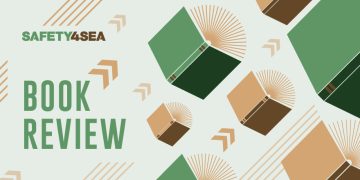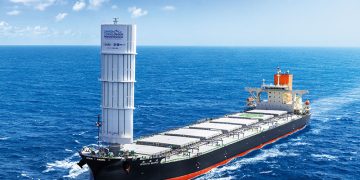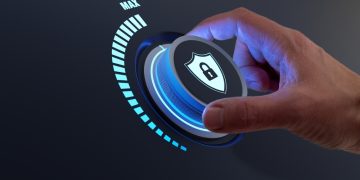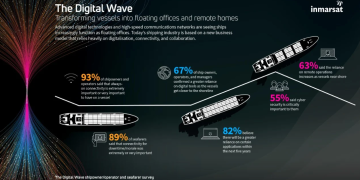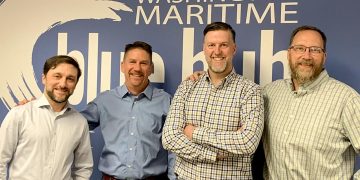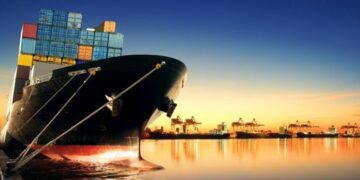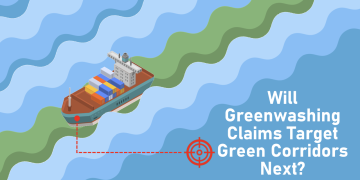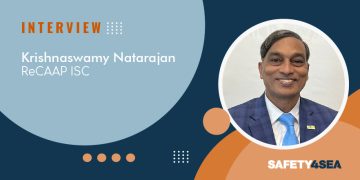Scrubbers Systems: technology overview, benefits and market trends
The 5 basic components of a Scrubber (Click here for larger view) Marco Dierico, Marine Business Development Manager, Europe, DuPont/BELCO presentation during the 2015 GREEN4SEA Forum The presentation aims to make ship operators more comfortable with scrubbing technology, that is mature, reliable and effective since it is recognized from IMO, EU, EPA. Scrubbers are not black boxes, but based on robust components used in the marine industry like pumps, heat exchangers, valves, tanks. Benefits relate to the long term savings on fuel costs and the undoubted availability of HFO over the next decades. Trends are showing a substantial price reduction for scrubbers and that passenger ships and Ro-RO ferries are driving the market with open and hybrid loop systems. Scrubbers are robust and effective Sox abetment devices to be used for the main engines, but also for the auxiliary engines and the boilers, using water as a medium for sulphur absorption. In the end of the day, we wash the exhaust gases. Also, as a side effect, scrubbers provide the particulate removal mainly in mass and not in number. There are five basic components for the scrubber systems. For sure, a source of water, sea water or fresh water, plus a ...
Read more







